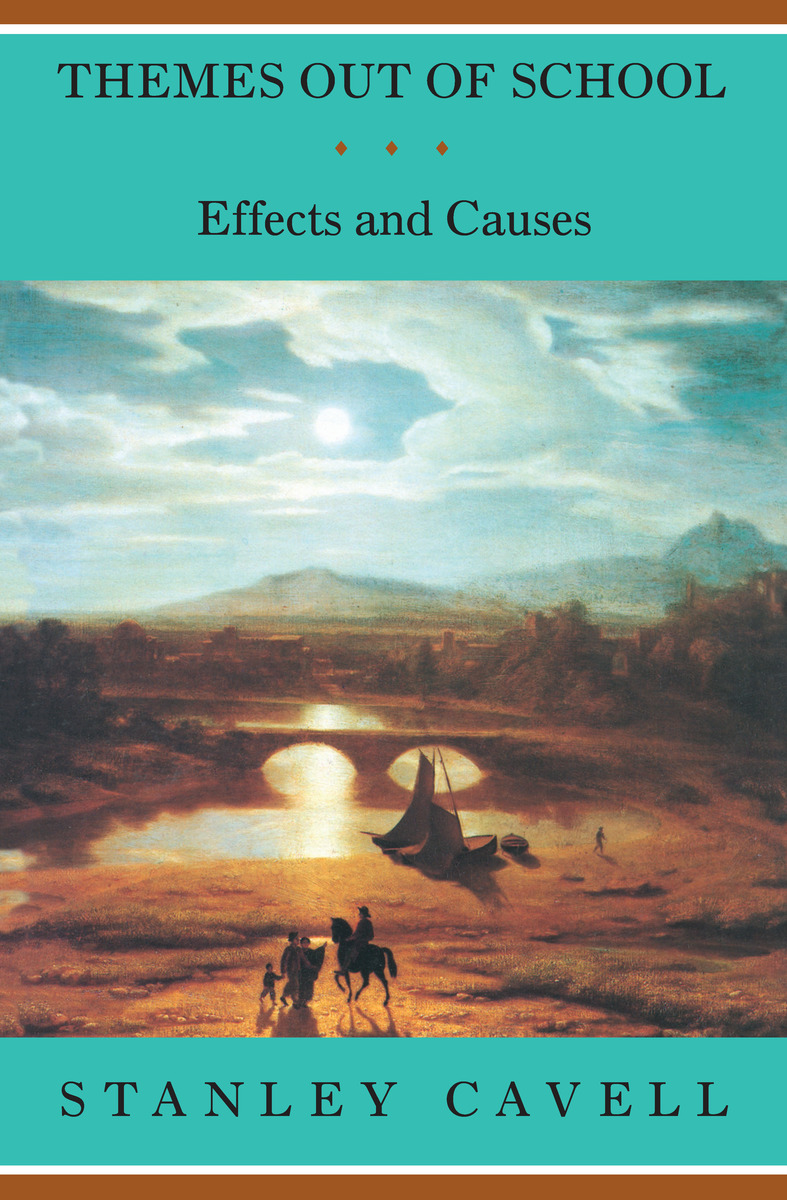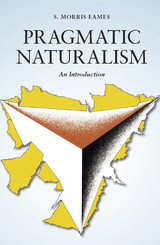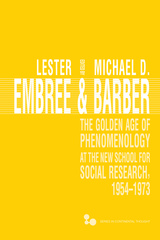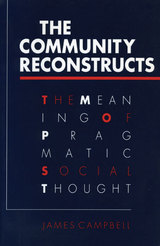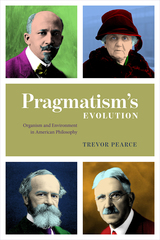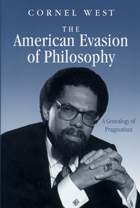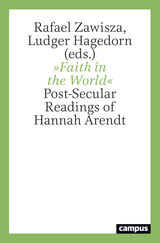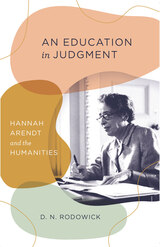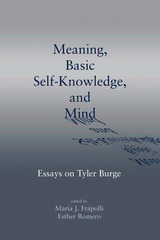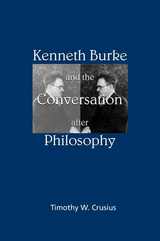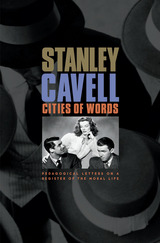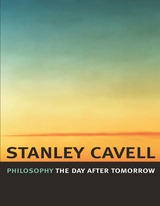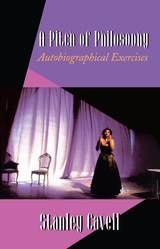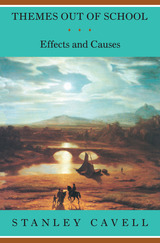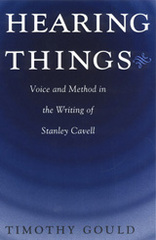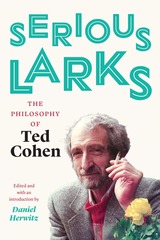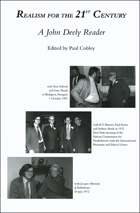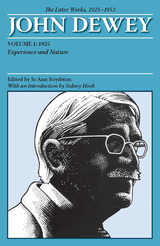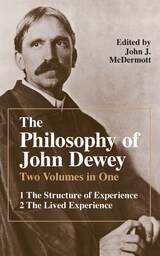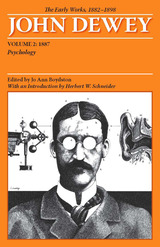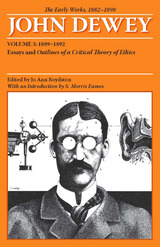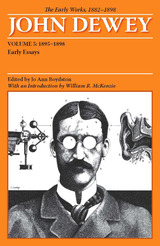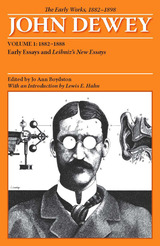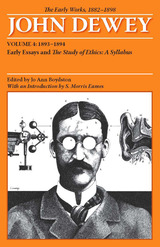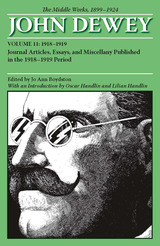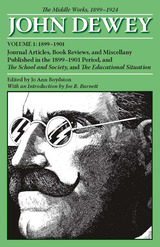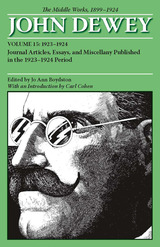Themes out of School: Effects and Causes
University of Chicago Press, 1988
Paper: 978-0-226-09788-6 | eISBN: 978-0-226-07515-0
Library of Congress Classification B945.C273T44 1988
Dewey Decimal Classification 190
Paper: 978-0-226-09788-6 | eISBN: 978-0-226-07515-0
Library of Congress Classification B945.C273T44 1988
Dewey Decimal Classification 190
ABOUT THIS BOOK | AUTHOR BIOGRAPHY | TOC | REQUEST ACCESSIBLE FILE
ABOUT THIS BOOK
In the first essay of this book, Stanley Cavell characterizes philosophy as a "willingness to think not about something other than what ordinary human beings think about, but rather to learn to think undistractedly about things that ordinary human beings cannot help thinking about, or anyway cannot help having occur to them, sometimes in fantasy, sometimes as a flash across a landscape."
Fantasies of film and television and literature, flashes across the landscape of literary theory, philosophical discourse, and French historiography give Cavell his starting points in these twelve essays. Here is philosophy in and out of "school," understood as a discipline in itself or thought through the works of Shakespeare, Molière, Kierkegaard, Thoreau, Brecht, Makavejev, Bergman, Hitchcock, Astaire, and Keaton.
Fantasies of film and television and literature, flashes across the landscape of literary theory, philosophical discourse, and French historiography give Cavell his starting points in these twelve essays. Here is philosophy in and out of "school," understood as a discipline in itself or thought through the works of Shakespeare, Molière, Kierkegaard, Thoreau, Brecht, Makavejev, Bergman, Hitchcock, Astaire, and Keaton.
See other books on: Causes | Effects | Metaphysics | Philosophy, Modern | School
See other titles from University of Chicago Press
